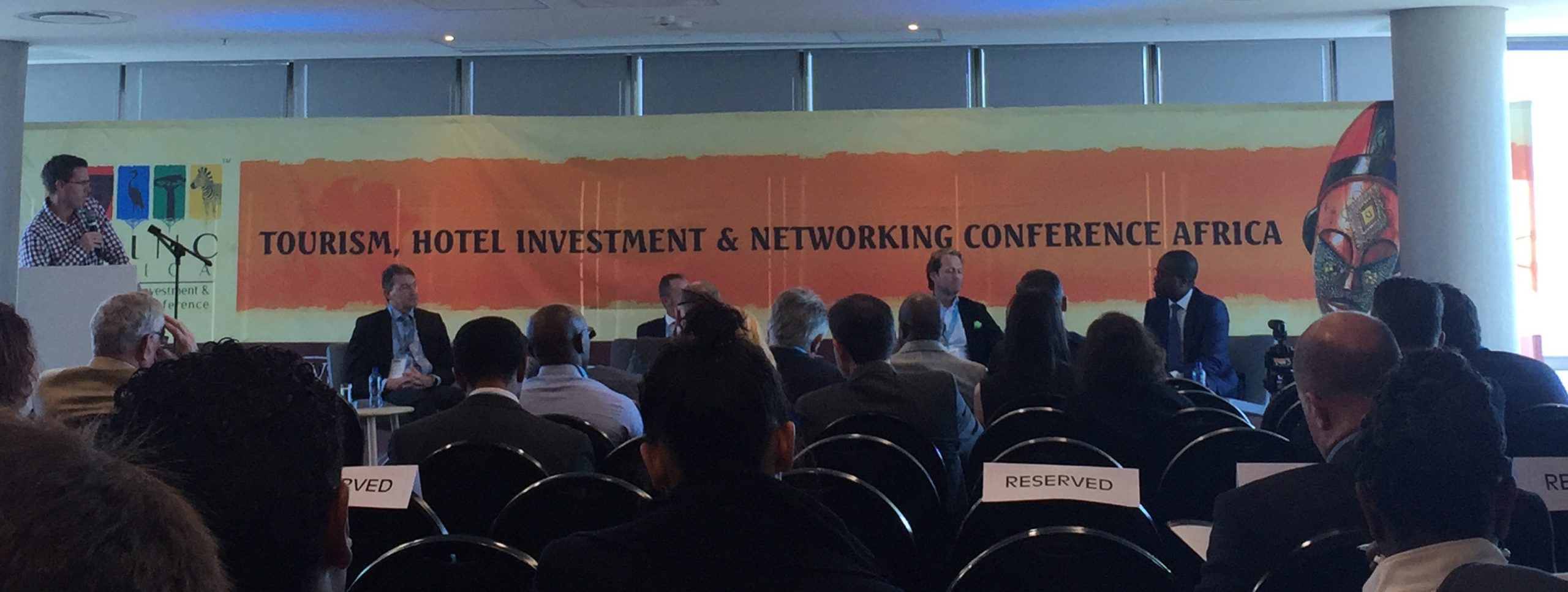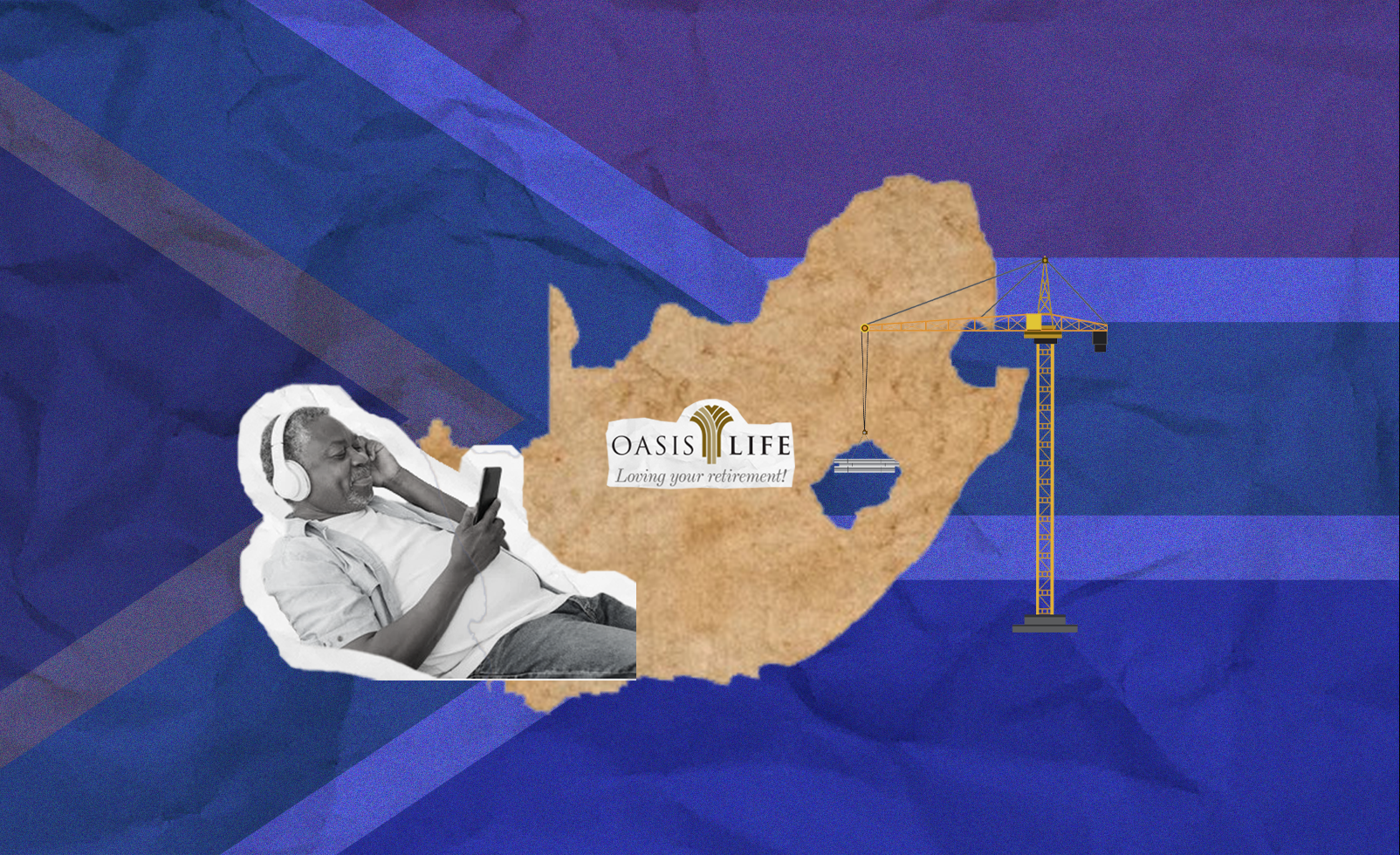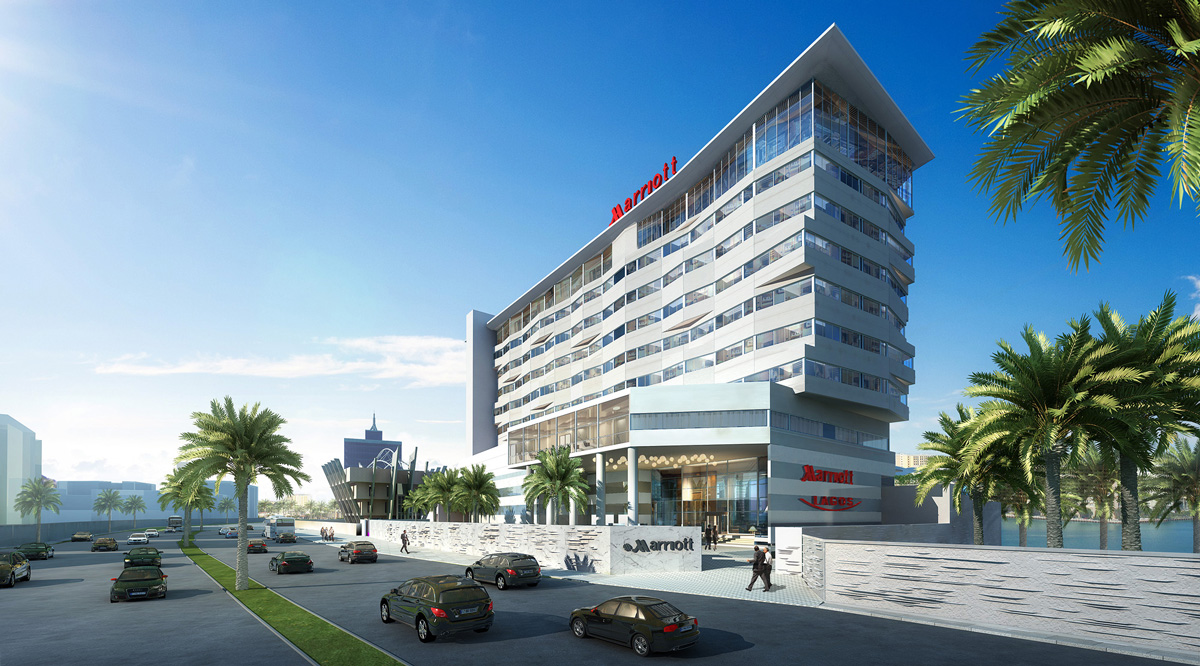THINC Africa 2017 - Day One
Research . 6 years ago
Belmond
Cape Town Tourism
hilton
Hilton Garden Inn
HVS
Jonas Schwartz Lausten
Kim Whittaker
Mantis Collection
marriott
nigeria
Nordic Hotels
Once Youth Hotels
Sisa Ntshona
south africa
South African Tourism
THINC Africa

Share this post
Subscribe to our newsletter
The second edition of the Tourism, Hotel Investment & Networking Conference (THINC) Africa was held on 30 & 31 August in Cape Town, South Africa. It was a well-attended and deep-diving hotel and tourism industry event hosted by HVS, a global hospitality consulting and services firm that has established its presence on the continent with…
The second edition of the Tourism, Hotel Investment & Networking Conference (THINC) Africa was held on 30 & 31 August in Cape Town, South Africa. It was a well-attended and deep-diving hotel and tourism industry event hosted by HVS, a global hospitality consulting and services firm that has established its presence on the continent with a Cape Town office. Estate Intel was in attendance as a media partner and we certainly also benefited from the insightful discussions and networking available at the event.
Some of the key panel discussions on the first day of the conference included a deep dive into Hotel Management Contracts led by Graham Wood of GIW Consulting, as the panel’s moderator. Panelists were Kenneth Hatton (SVP Global Development of Belmond), Andrew McLachlan (VP Development, Carlson Rezidor), Paul Ansah (VP Development, Marriott), and Michael Bromley (STBB). The panel touched on the delicate balance of priorities for the Owner/Developer and the Hotel Operator. The capital investing in hotel projects on the continent is becoming increasingly sophisticated and demanding of more favorable terms. However, for Marriott, signing hotel deals outside the scope of its usual terms is challenging. External players such as the online travel agencies have an impact on management contracts as well with the larger role they play on the hotel customer acquisition; and the industry is responding with increased consolidation – an example being Marriott’s recent merger with Starwood.
Sisa Ntshona, the CEO of South African Tourism, the tourism marketing arm of the South African government provided key information on the state of tourism in South Africa, and Africa in general. According to him, the reliance on natural resources in most African countries has hindered the growth of other sectors including tourism. Africa only currently has a five per cent share of international tourist arrivals, and the top five most visited countries are Morocco, South Africa, Egypt, Tunisia and Algeria. With the exception of South Africa, the most visited countries are concentrated in the northern region of the continent. South Africa has the highest Gini Coefficient in the world – this income inequality is further exacerbated by high levels of youth disengagement in the country. In 2016, the country had 10 million arrivals, with Europe and the United States being significant source markets. The South African Tourism board intends to grow its arrivals by five million in five years by focusing on increasing domestic tourism, and also by strengthening strategic partnerships with international source markets. To illustrate, Cape Town Tourism recently signed a two-year, city-to-city tourism partnership agreement with NYC & Company, New York City’s official destination marketing organisation. The partnership serves as a collaboration between the two destination marketing organizations to share tourism marketing best practices and exchange marketing assets to boost reciprocal travel.
There was a Leader’s Session, which featured Michael Collini (VP Development, Hilton), Adrian Gardiner (Chairman, Mantis Collection), and Matt Biden (MD, The Royal Portfolio) as panelists. The panel was moderated by Tim Smith (Managing Partner of HVS Cape Town). Mantis Collection is active as a hotel operator on all seven continents (including Antarctica). The company currently has four projects being developed in Nigeria including two scheduled for opening in late 2017, in Lagos and Abuja. Hilton has eight brands it is looking to grow in Africa, with the Hilton Garden Inn being the strongest for rollout. There is a Hilton Garden Inn scheduled to open in October 2017 in Nairobi, and the company is also rolling out its first Curio Collection branded property in Nigeria, at Lagos Airport – Legends Hotel Lagos Airport, the first modular-built hotel in Africa. Collini also highlighted that Hilton is open to franchising its focused-service brands, such as Hilton Garden Inn, which creates opportunities for local independent hotel managers.
The panel discussion on Alternative Hotels highlighted innovative hotel concepts being developed in various African markets. The panelists – Kim Whittaker (CEO, Once Youth Hotels), Roger Allen (Group CEO, Resources for Leisure Assets), and Jonas Schwartz Lausten (Co-Founder, Nordic Hotels) – discussed new types of hotels that go over and beyond the usual hotel brand standards. The panel was moderated by Dimitris Manikis (VP, RCI EMEA). Whittaker, one of the founders of Once Youth Hotels, defined the brand as a “poshtel” or “luxury hostel” that serves to combine the best aspects of a youth hostel with a three-star hotel, to create a youth hub where people can sleep, eat and explore the destination. The nightly rate starts from the equivalent of US$20 for a bed in a four-bed room. The brand currently has two locations – the flagship property in Cape Town and the second property in Johannesburg. The hostel brand was started after the founders identified the need in the local markets for a larger scale hostel that accommodates students, university groups, and individual travellers in Cape Town. The flagship property started as a takeover of an existing 2-star lodge and the founders were essentially able to transform operating performance within the first year of operations. Lausten co-founded Nordic Hotels in Nigeria after becoming fed up with extremely expensive hotels that did not provide a value for money. He sought to fill a perceived gap in the hospitality industry and today, the brand has two properties in Abuja, Nigeria’s capital city, with plans to grow into other Nigerian markets and across Africa. The ethos of the brand is based on a Danish and Norwegian word – Hygge – which describes a feeling of contentment and well-being. Lausten and his team are based in Nigeria, and also backed by foreign investors.
The first day wrapped up with an awards ceremony to recipients who were nominated and selected by their peers. Awards were given to the deserving Hotel, General Manager and Hotel Student, as well as a special mention to Kim Whittaker of Once Youth Hotels. The recently renovated Belmond Mount Nelson Hotel hosted the cocktail reception and provided a tour of the renovated areas.
Related News
You will find these interesting

Bisi Adedun . 5 months ago
Century city
New City

Bisi Adedun . 8 months ago
Commercial real estate in Nigeria
Glover road

Deborah Jesusegun . 1 year ago
hotel
marriott